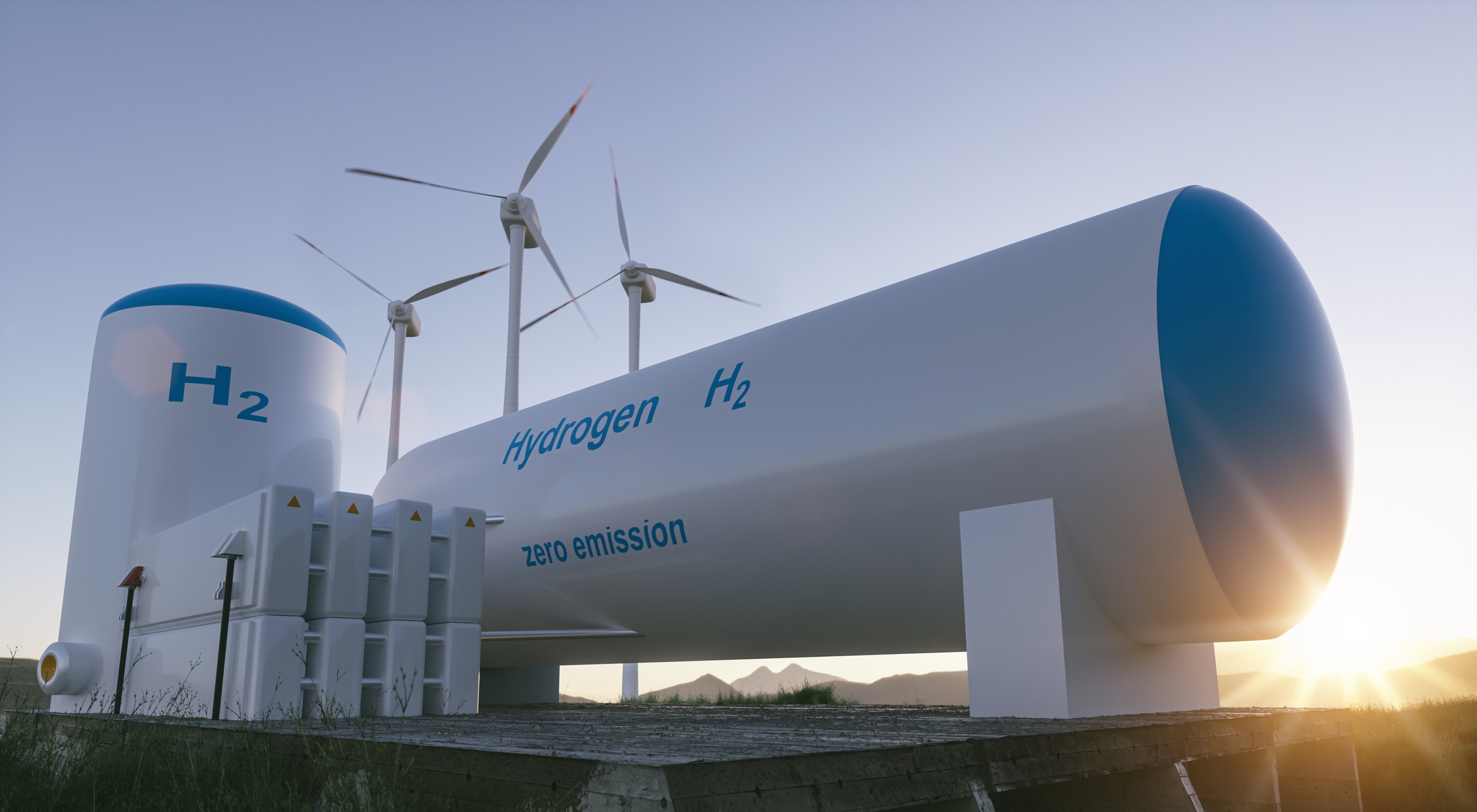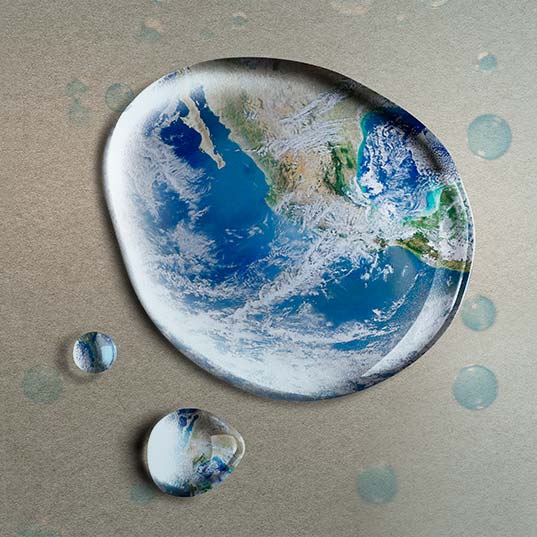Green jobs in a sustainable economy
Green jobs represent a basic pillar for increasing employment, mitigating climate change and building a fairer society.
A sustainable economy would generate 24 million new jobs worldwide over the next decade, according to the International Labour Organization (ILO). Green jobs open the door to citizens, corporations and institutions to tackle climate change and sustainable development. Let’s dig deeper into the subject.
What will I learn from this article?
- What are green jobs?
- The importance of green jobs
- Green jobs in the labor market
- Green job sectors and training
What are green jobs?
The definition provided by the International Labour Organization itself is: “Green jobs are decent jobs that contribute to preserve or restore the environment, be they in traditional sectors such as manufacturing and construction, or in new, emerging green sectors such as renewable energy and energy efficiency.”
In this sense, green jobs are a basic pillar in bringing about not only a more sustainable economy, but also the protection of the planet, mitigation of climate change and the building of a fairer society. To sum up, those which aim to impact positively on the present and future environment.
The importance of green jobs
What is the impact of green jobs on the current labor market?
 As we have seen in this article, the 6th IPCC Assessment Report highlighted human activity as the main cause of climate change. But it also insisted we still have time to act and avoid the worst scenarios. As such, we must do so immediately, focusing on the global economy.
As we have seen in this article, the 6th IPCC Assessment Report highlighted human activity as the main cause of climate change. But it also insisted we still have time to act and avoid the worst scenarios. As such, we must do so immediately, focusing on the global economy.
The labor market is a cornerstone of this transformation, since it involves those who hold the keys to a green and fair transition: governments, employers and workers.
And change is already in the air. The number of jobs in renewable energy and environment in the US has increased by 237% in the past five years, according to LinkedIn. In contrast, jobs in the oil and gas sector rose by just 19%.
“The number of jobs in renewable energy and environment in the US has increased by 237% in the past five years”
The social media platform says, however, that while job offers requiring ecological skills grew 8% a year over the period, the proportion of ecological talent only grew around 6% a year.
Yet, the outlook demands that we remain positive. As we mentioned at the start of this article, the ILO itself estimates 24 million new jobs will be created if Paris Agreement commitments to slow down global warming are achieved.
That is to say, 24 million jobs with an environmental focus, both in the traditional sectors of industry, farming, livestock and tourism, and those in development, such as renewable energies and the production of goods and services for these energies. The ILO stresses that, in transitioning to a decarbonized economy, four jobs will be created for every one destroyed.
Indeed, in 2021, solar photovoltaic energy and wind power generated 12 million green jobs worldwide, according to a report by the International Renewable Energy Agency (IRENA). 43 million could be generated by 2050.
All this, without forgetting the boost from green hydrogen and the manufacture of lithium batteries for electric vehicles, an area which could create 10 million jobs in the next eight years.
Green job sectors and training
When we think of green jobs, it’s almost inevitable we imagine one related to renewable energies or the circular economy. But there’s certainly room for green jobs in all sectors, from tourism and fashion to food, education and even the legal profession.
As for training, something similar occurs. In general, due to the great variety of green jobs that can be found, it would be very difficult to limit training to a sole path. Except for very specific cases, such as environmental careers, training needed to work in a green job will be a sustainable specialization within each work sector.
In the clothing industry, for example, brands, designers and stylists are increasingly knowledgeable about sustainable fashion and pollution prevention. And, in environmental financing, portfolio managers and investment analysts talk more about sustainable investing. Ecological specialization is filtering into all kinds of roles.
There is a long way to go if we want to mitigate the effects of climate change. But green jobs will help prepare the future of the planet. There’s enormous potential in the labor market to help bring about the changes needed to our lifestyle, achieve a more sustainable society and put a brake on climate change.
Source:
- https://economicgraph.linkedin.com/content/dam/me/economicgraph/en-us/global-green-skills-report/global-green-skills-report-pdf/li-green-economy-report-2022-annex.pdf







